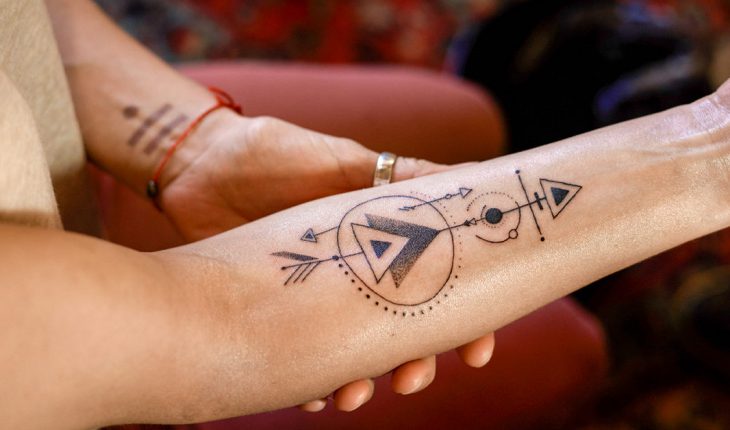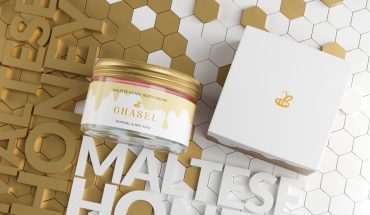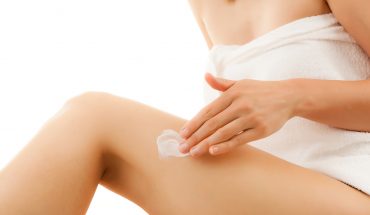Undoubtedly, tattoos are ones of the best body adornments. We spend much time on choosing the right image so that it would match our personality, yet we do not think much about one crucial issue – how to take care of the tattoo once it has been finally drawn on our skin. What products should be applied to the skin to help it recover faster? What should you do to prevent the tattoo fading and help the color stay bright? You are going to find the answers to these questions here. Go on reading!
Finding the perfect spot for the tattoo, its color, choosing the pattern – these are all the decisions that are made long before even visiting a tattoo artist. We just keep focusing on the way the tattoo is going to look on us, we wonder whether it will match and help us demonstrate our personality. Sadly, the majority of the future tattoo owners forget about one crucial issue, which is how to take care of skin after tattooing. We somehow ignore this issue, which is a pity because tattoo aftercare determines the final effects, like for example whether the colors will remain true for long.
Tattoo aftercare tips
Why is it so important to take good care of the skin immediately after getting a tattoo done? First, it must be realized that making a tattoo is connected with injecting pigments under the skin, meaning breaking the skin – the damage caused to the dermis during the procedure must be repaired. Unless given the scrupulous attention, the risk of irritations, skin dryness, scars and even uneven distribution of the pigment in the skin increases dramatically.
In most cases, once the tattoo is done, a tattoo artist explains and gives all tattoo aftercare tips to the customer; they also always recommend some products that should be applied to the skin after tattooing. Naturally, it is better to follow the pieces of advice given by the expert, however, some costly ointments and products dedicated specially for tattoo aftercare and be replaced with more universal cosmetics.
Tattoo aftercare products
The very first choice of the new tattoo owners is a panthenol protective ointment (e.g. Bepanthen) which is commonly used for soothing nappy rash. This product is composed of ingredients such as lanolin that shields the skin from the external aggressors and combats dryness as well as panthenol known for speeding up skin’s self-healing processes and soothing irritations.
Ointments and creams to put on a new tattoo
An effective tattoo aftercare cream does not have to be taken out from a newborn kit. The truth is, every ointment including one of the ingredients listed below should help your skin heal faster:
- panthenol is responsible for delivering moisture and repairing skin
- shea butter has a soothing effect, protects the skin and aids in regeneration
- coconut oil is antibacterial and maintains hydration in the skin
- argan oil is known for leaving skin more resilient, protected and repaired
- apricot seed oil eliminates skin inflammations
- almond oil prevents water loss
- vitamin E is a potent antioxidant
- lanolin creates an occlusive layer on the skin to protect it
How to take care of a healed tattoo?
It must be realized that tattoo aftercare should not be discontinued the moment the skin heals completely – the tattooed skin needs to be exposed to continuous care. If you stop taking care of your tattoo, you should not be surprised to see the image fading from your body. Also, tattoos do not look good on dry, rough and flaking skin.
How should tattooed skin care look? Moisturizing is the most important. To replenish your skin with water, you can choose vegetable oils, butters (e.g. shea butter) and all the products destined specially for tattoo aftercare. Additionally, you should use some UV protection, which all SPF creams offer – do not choose SPFs lower than 30, it would be even better if you treat your skin with SPF 50. Sunscreens are incredibly important because the sunlight may encourage the tattoo to fade. Besides, it speeds up skin ageing processes.






Leave a Reply